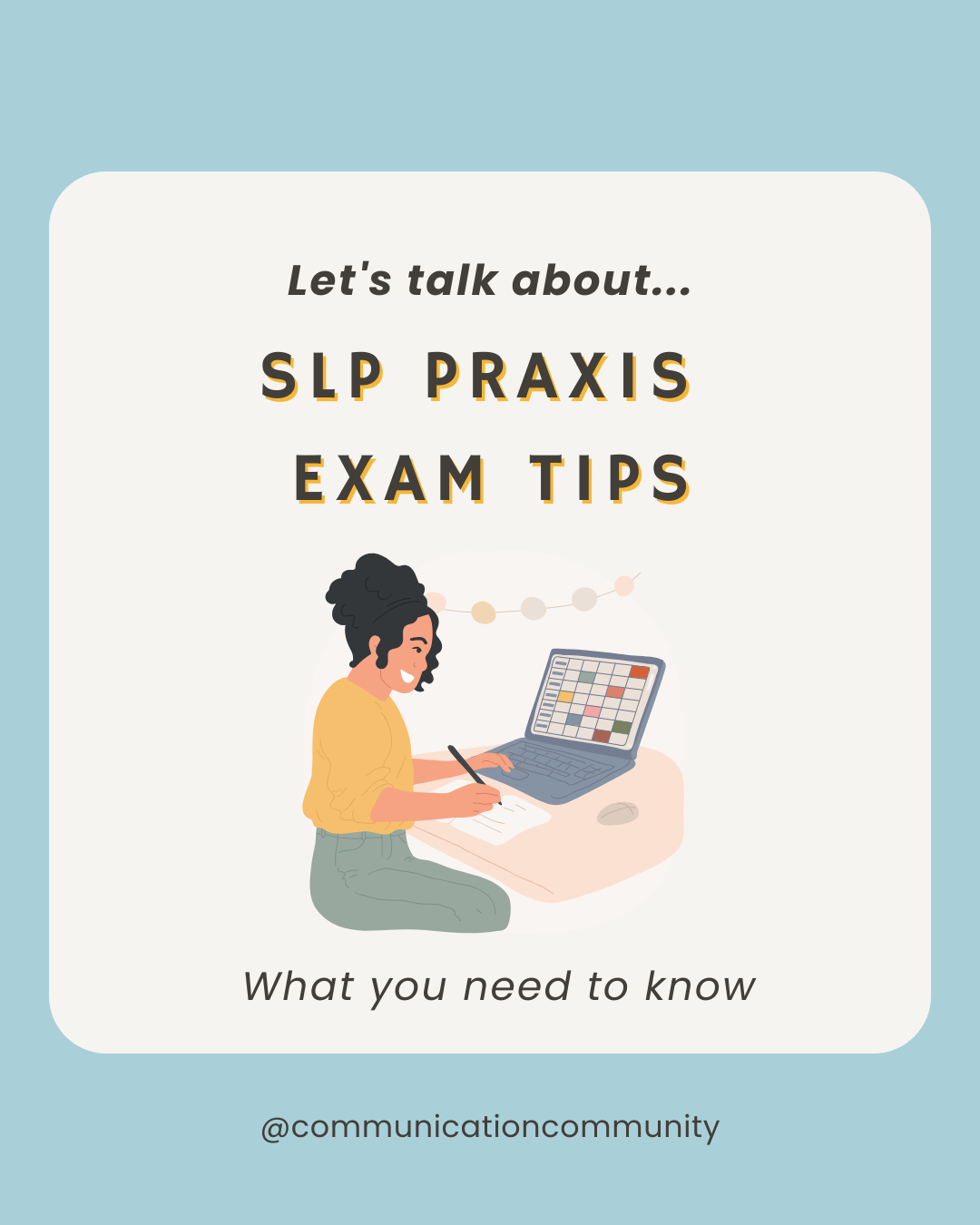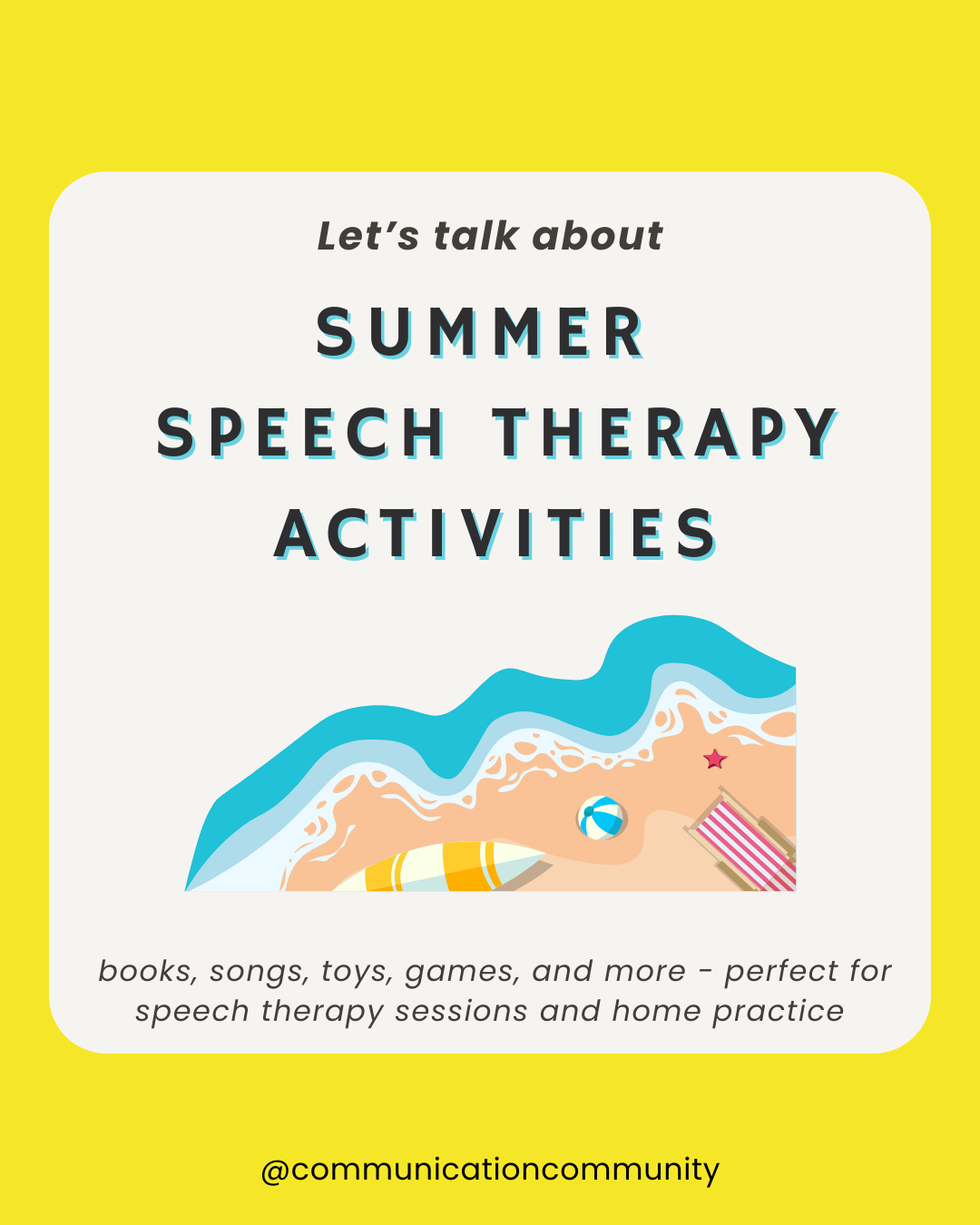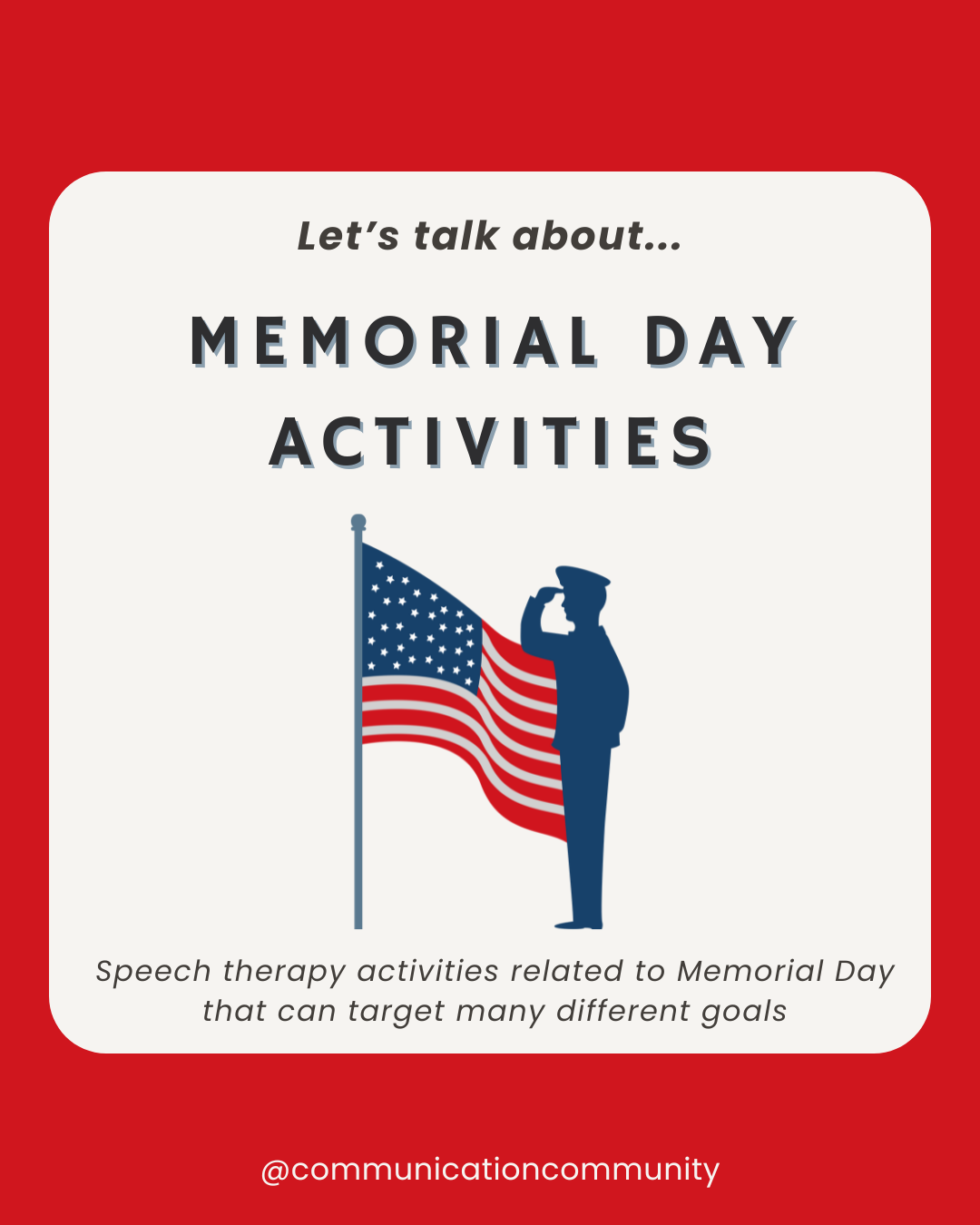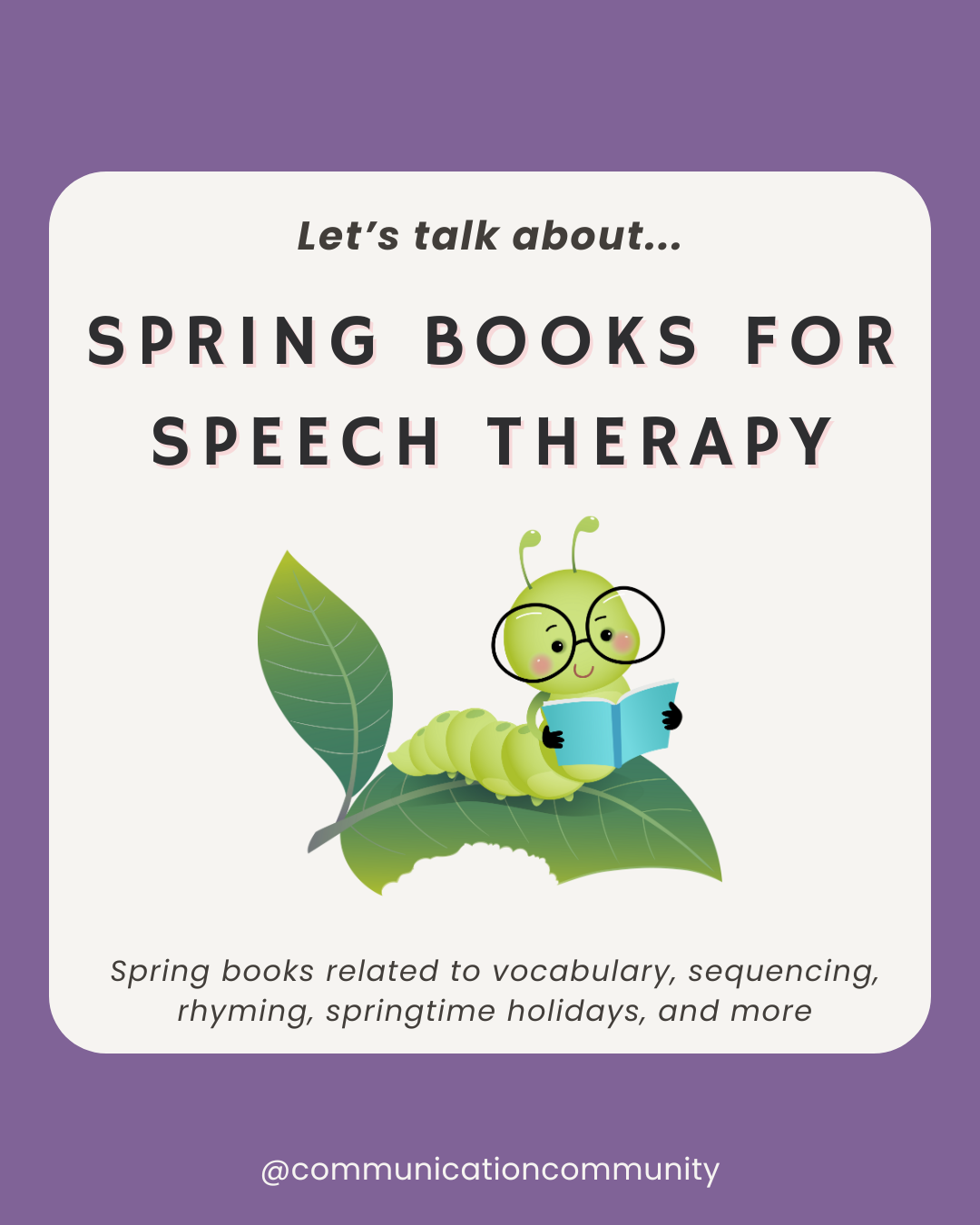It may be halfway through August, but we didn't forget about our Best of Therapy Tools post for July!
In these monthly posts, we share a resource, tip, or material that we’ve been loving for that month. As this year has unfolded, a general theme we’ve noticed is that our "Best of" posts typically center around a simple, accessible tool that adds a lot of value to our speech-language pathology work.
We had a supervisor in graduate school that reminded us that we didn’t need to reinvent the wheel when creating therapy tools, and I think it’s something to remind ourselves of every so often. Tools that enhance speech, language, and communication development at home and in speech therapy sessions don’t need to be complicated, and sometimes, less is more.
On that note, our Best of Therapy Tools for July is whiteboards! Whiteboards can come in all shapes and types, and for that reason alone, are very versatile. I use them with individuals of all ages - from PreK to adults!
Types of Whiteboards:
Big 4x3’ whiteboards
Small 8x11” or 11x14” whiteboards
Whiteboard app for phone/tablet
Virtual whiteboards:
- whiteboards on Zoom or other platforms (check out this website for more information
How to Use Whiteboards in Speech Therapy
As a visual schedule or task list
- Planning daily tasks (breakfast, clean up, chores, free time)
- Therapy tasks (activity #1, #2, #3 or option #1, #2, #3)
To provide visual cues
- Strategies to use
- Tips for placement for articulation
For reading word/phrase
- Target speech sound activity
- Using communication strategies
Example for word/phrase to be copied/written down
- Working on note-taking
- Memory skills
Activity for fill in the blank of a word/phrase
- Grammar activity (e.g. regular past tense verbs)
- Vocabulary activity (used in aphasia therapy)
Draw a picture
- Guessing game for vocabulary
- Creating a sentence about the picture
- Drawing a picture with target sound
Games
- Tic tac toe
- Hangman/Spaceman
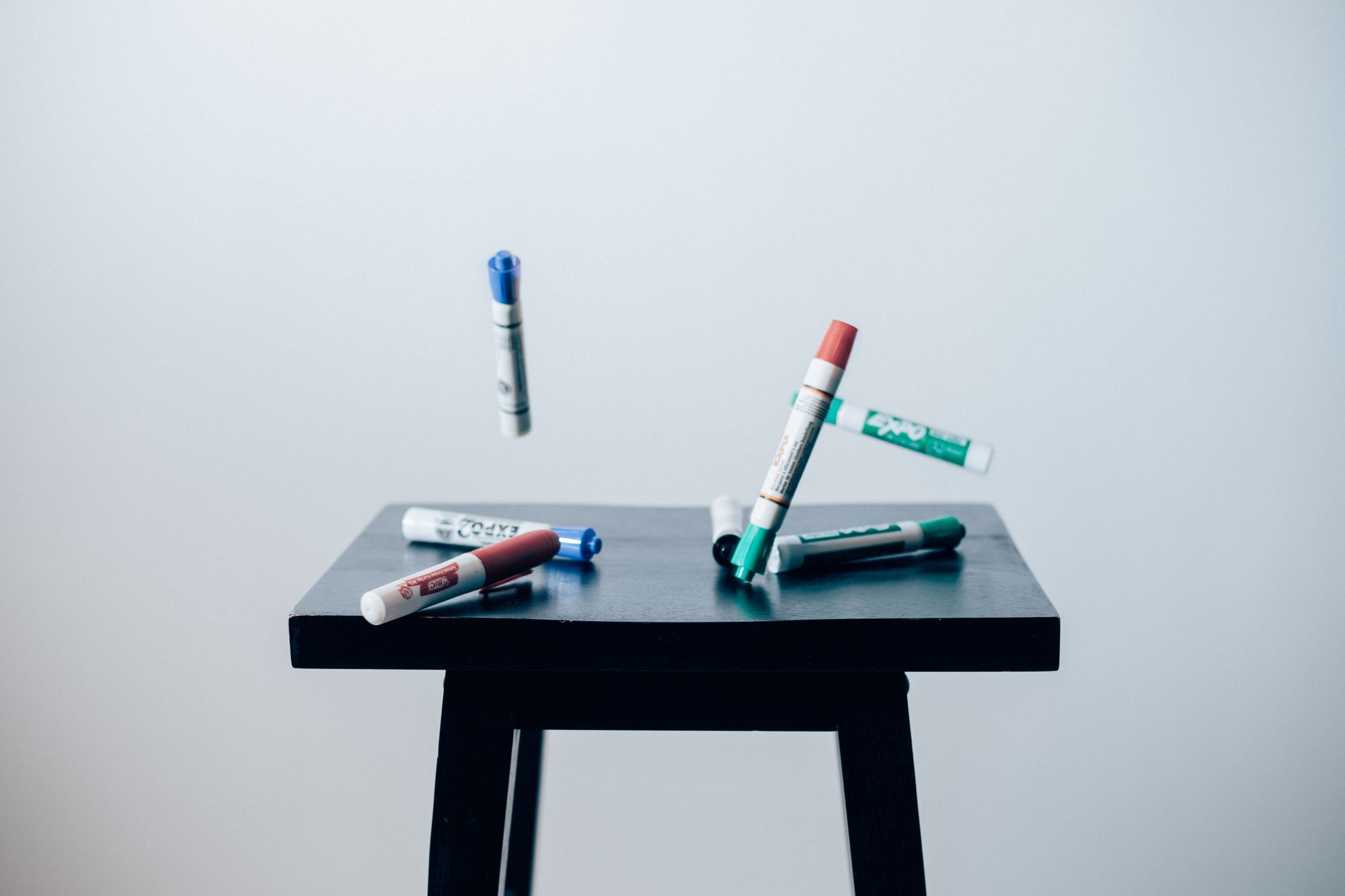

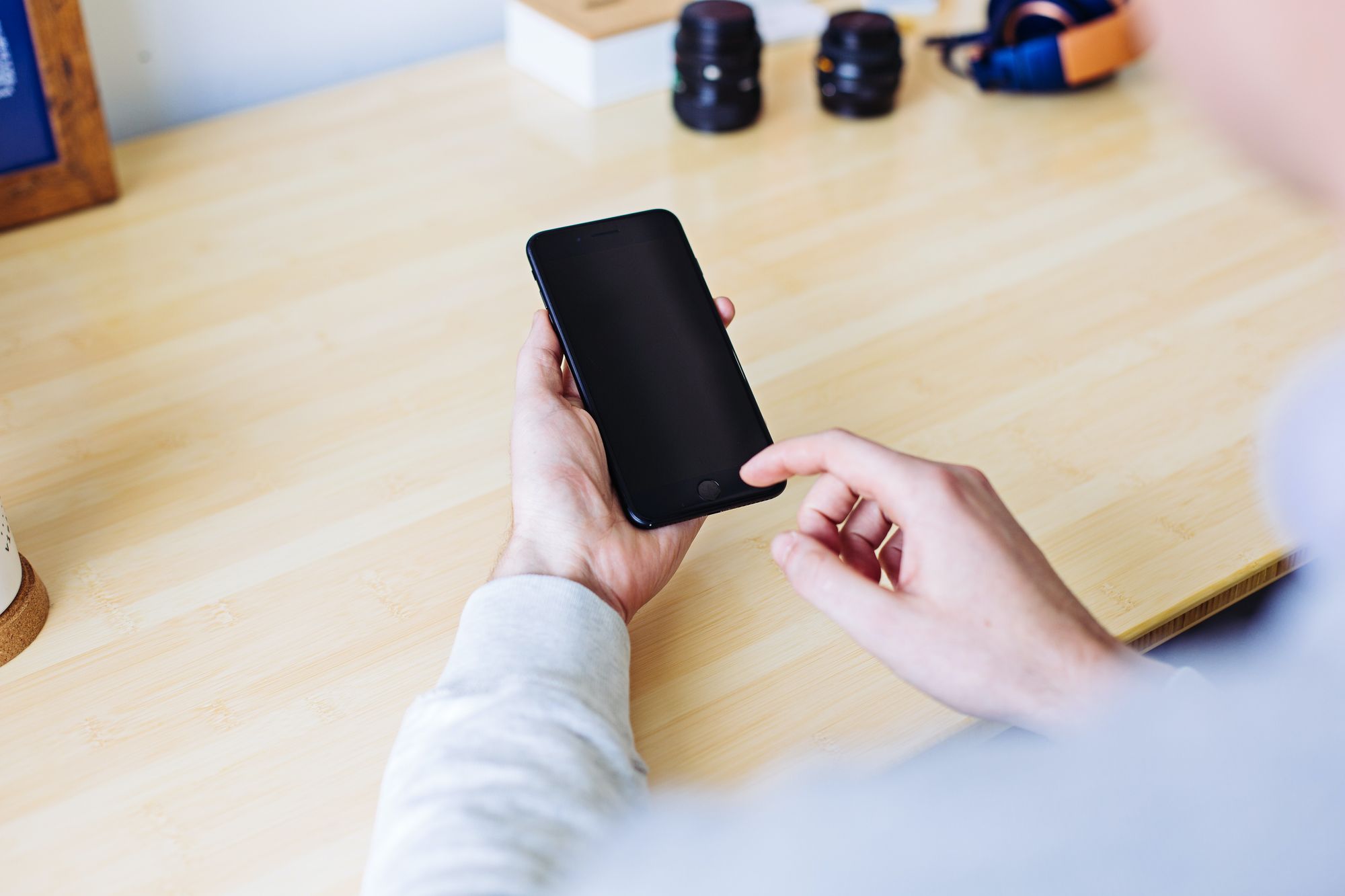
Why I Love Whiteboards in Speech Therapy:
- Require few materials to use: all you need is the board, a marker, and an eraser, and none if you're using a phone/tablet or virtual whiteboard
- Inexpensive: don’t cost a lot and will last a long time
- Easy to clean: especially important during the (never-ending) cold/flu/COvid seasons
- Versatile: they can be used for multiple tasks in a short period of time
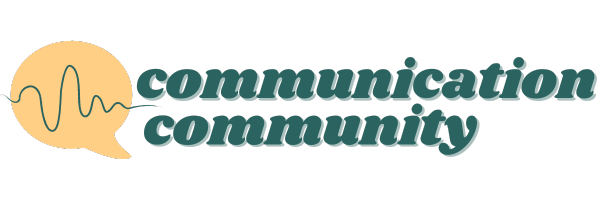
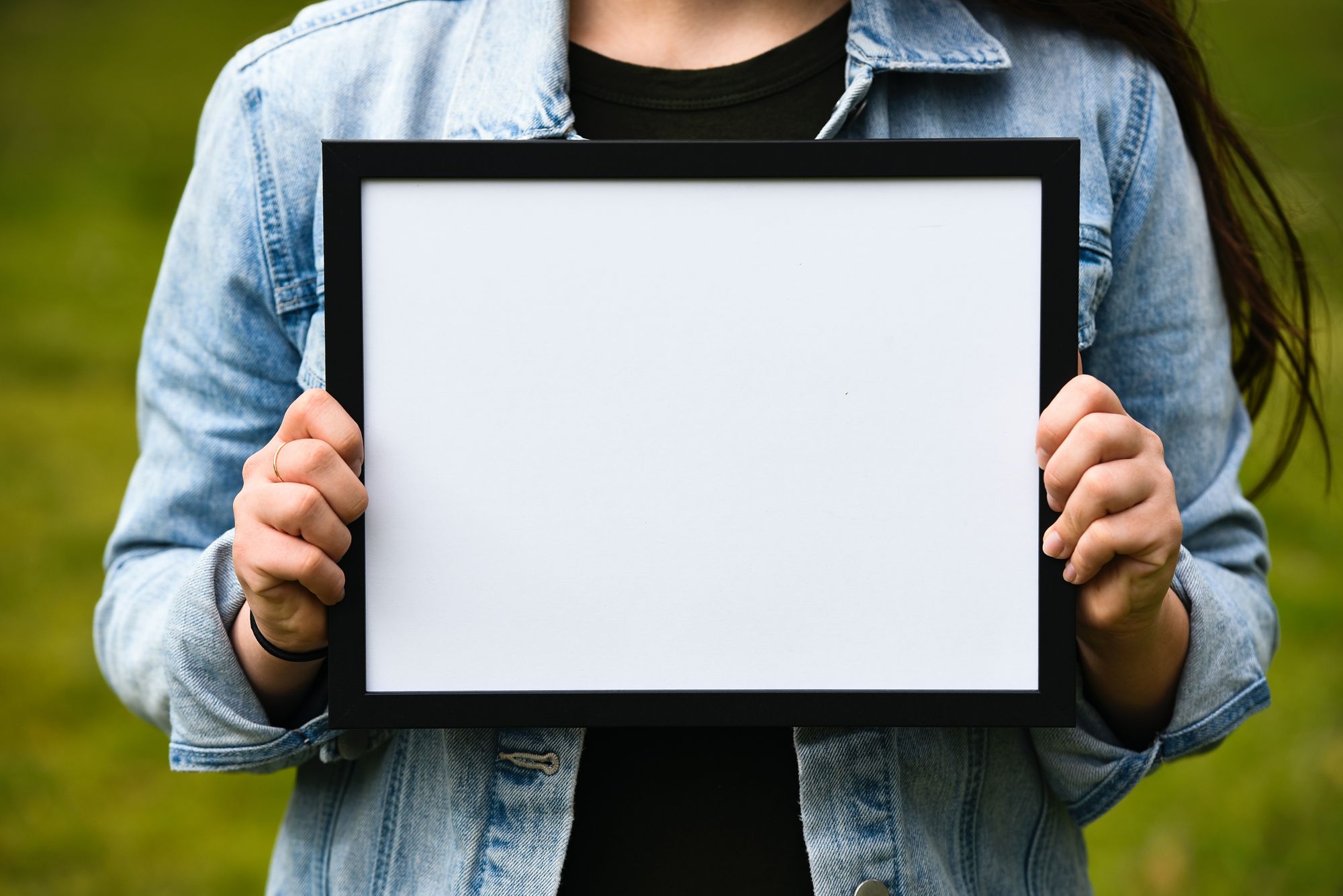
![How to Write Apraxia Goals [with goal bank]](https://www.communicationcommunity.com/content/images/2024/07/Apraxia-Goals--1-.png)
